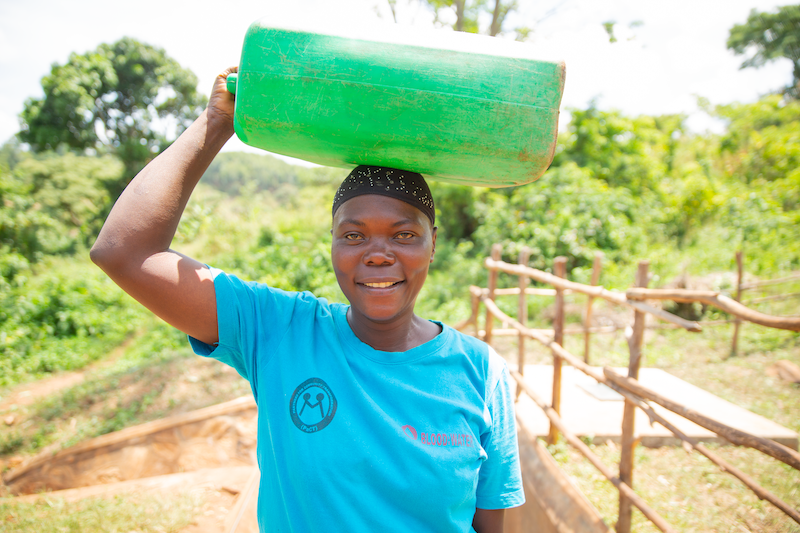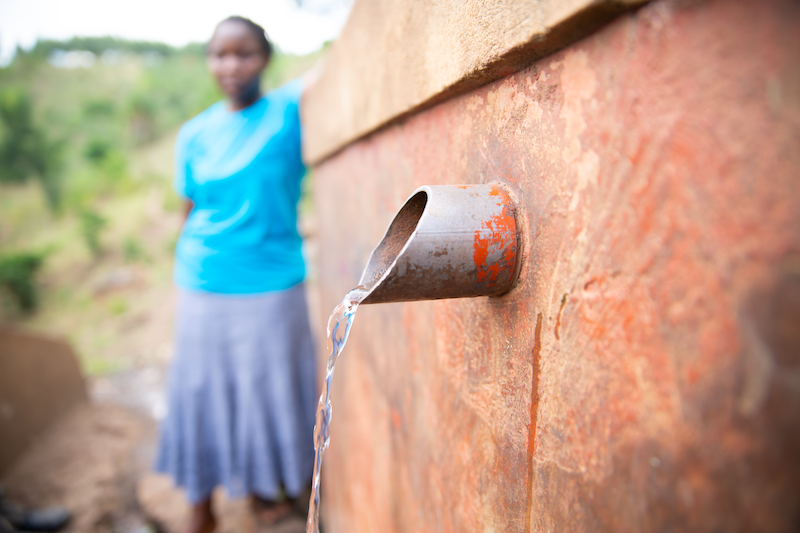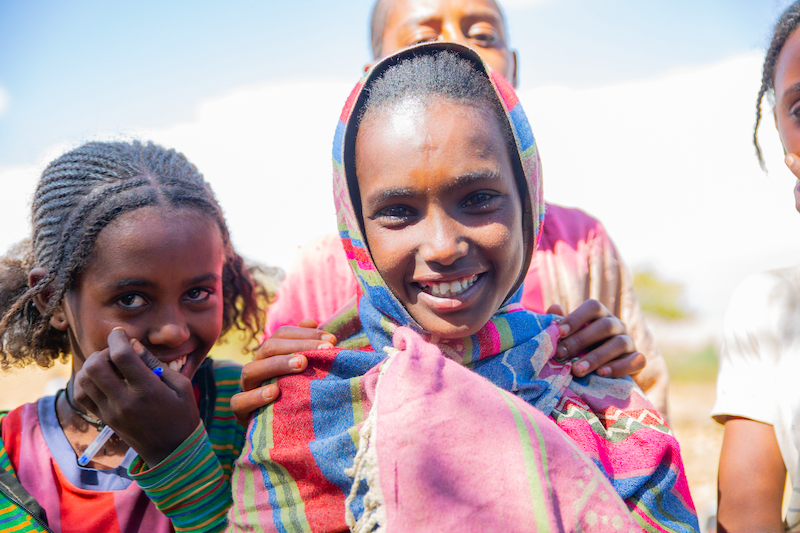4 Key Characteristics of an Empowered Community
What does it mean to empower a community to take charge of their own health and progress? In this article, we’re laying out four key characteristics that define an empowered community, using Blood:Water’s partners as case examples.
For context, Blood:Water’s mission is to equip African grassroots organizations to address the water and HIV/AIDS crises in their communities. We partner with local leaders who are already doing life-changing work in their communities, because they have the expertise necessary to provide sustainable change in their communities.
Characteristic #1. Empowered Communities Participate in Their Own Development.
In a UK study in Uganda, only 24 percent of the water wells installed were providing adequate and safe water for communities. This is largely because a lot of international nonprofit organizations step in without asking the local community members what they want, who they are, or what their true needs are. Without the involvement of the local community, development projects usually fail. Additionally, in the case of a newly installed water well, if the community isn’t engaged in learning how to take care of it, then no one will even know how to maintain it if it breaks once the installation team leaves!
Blood:Water’s partners are local to the areas in which they work, and often grew up with the people they now serve. Because of this, they not only understand their community’s needs, but they also stay involved long after the projects are complete.
Characteristic #2. Empowered Communities are Equipped with Information.
For every water point (such as a well, or filtration system) our partners install, they also create a WASH (water, sanitation, and hygiene) committee. These committees are essential to not only maintaining a water source, but also learning and spreading proper sanitation and hygiene practices in order to keep their community safe from waterborne illness. After all, clean water flowing from a well does no good if it is stored in a dirty container.
Without this essential information, people would still contract and spread illnesses and possibly even accidentally contaminate the new water source. So through these efforts, our partners empower communities to take their health into their own hands in even the smallest of ways!
(If you are interested in learning more about how we gather data on the success of water projects, see our Africa Programs team’s introduction to these international standards.)
Characteristic #3. Empowered Communities Have Systems of Support.
Another integral aspect of our partners’ work is the creation of support groups for people living with HIV, and their families. This empowers people who are often too ashamed to seek treatment to gain access to knowledge about HIV care.
HIV support groups provide a safe place to discuss their illness with other people who understand what they are going through. Because of this, support group members can learn to be open and comfortable with their status. Some members feel so empowered that they become advocates in their community, sharing valuable information about prevention and treatment with others who really need it!
(Click here to read about how COVID-19 has impacted HIV/AIDS efforts in sub-Saharan Africa.)
Characteristic #4. Empowered Communities are Self-Sufficient.
One of the most rewarding aspects of our work equipping local leaders is that when our partnership with them is complete, we know that these local leaders will be able to continue their work for as long as they are needed. Blood:Water seeks to help local partners develop and grow to the point where they no longer need our support – at which point, our partnership is complete, and we begin equipping the next local leader. When we partner with local grassroots African organizations, we know that they have the insight and expertise to do work that we never could with our outside understanding.
Through our capacity building programs, we help our local partners grow in their capabilities so that they will never need to stop their work because of a lack of resources. (See an example of one of these insightful and informative programs in our recent blog.)
The examples included under these characteristics of empowered communities are just a few of the ways that our local partners effect sustainable change. Because of the dedication, passion, and professionalism of our partners, their communities can seek better health and brighter futures.
To learn more about our work, please follow us on social media (links below) and sign up for partner updates.
More Stories:
Categories







